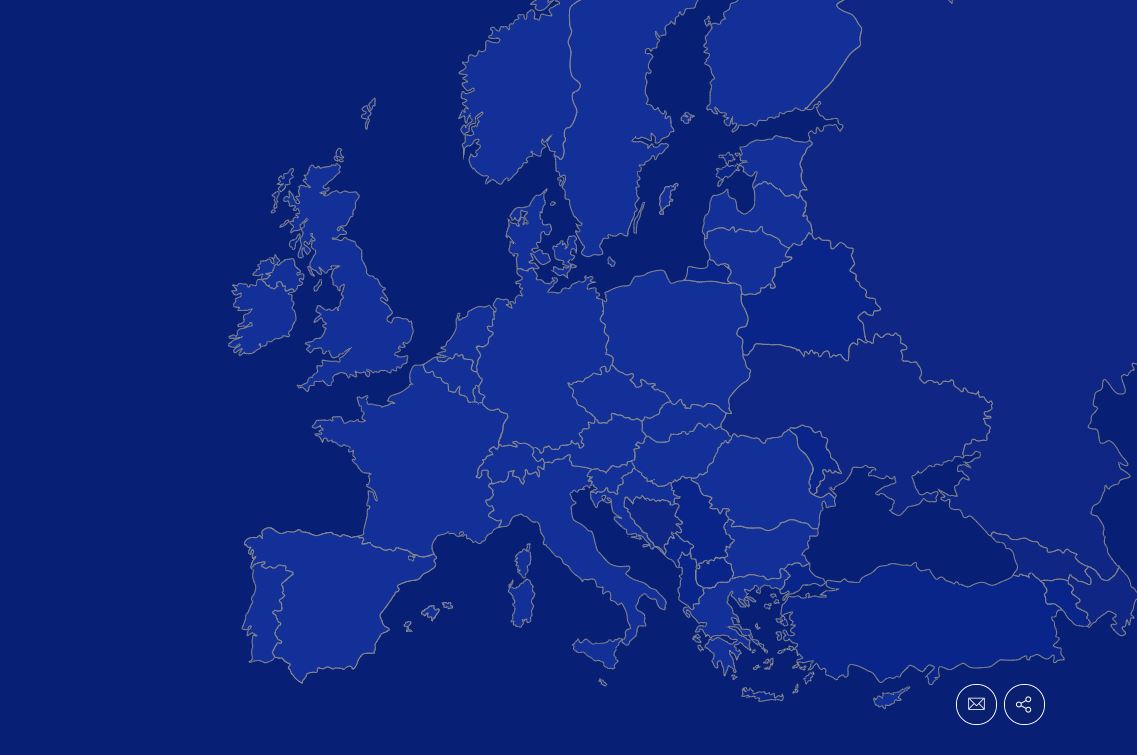In 2020, some countries will introduce important updates on electronic invoicing legislation. These are some of the most important updates:
- France
Electronic B2B and B2C invoicing are not compulsory in France.
However, as of January 1st 2020, small companies (less than 10 employees) will be obliged to send electronic invoices to the government (B2G), according to the Ordinance on electronic invoicing duties regulation from local companies to the Government and local authorities, of June 26th 2014.
This measure has been implemented in large and medium companies since 2017.
- Greece
On January 2020, Greece has planned to implement the myData system, a digital accounting and taxes report that the government would use to electronically receive trade information in real-time. However, the Greek Treasury Department announced that its implementation will be delayed.
Even though they haven’t published any final implementation terms, it’s expected that Greek authorities will announce it during the first half of 2020.
However, the invoicing model that pretended to follow the Italian model where a previous authorisation from the Tax authority is needed to exchange invoices is dismissed.
Regarding B2B and B2C electronic invoicing, it is not compulsory at the moment.
- Belgium
The electronic invoicing for the Belgian public sector (B2G) came into force gradually, Flandes was the first region to introduce the electronic invoicing in 2017. In 2018, it came into force on a national level (only for some contracts).
As of 2020, it will come into force in all regions. However, B2B and B2C electronic invoicing is not obliged.
- Germany
At the moment, the local government authorities have been forced to receive electronic invoices since April 18th, 2020.
However, the period to implement the B2G invoicing has been extended until April 4th, 2020. As of that point, electronic B2G invoicing will came into force at a regional level.
As of November 27th 2020, it will come into force at a national level. B2B and B2C invoices are not obliged.
- Norway
As of January 1st 2020, the Norwegian government will impose a compulsory report to the Tax Authority for private companies following the SAF-T Standard (Standard Audit File for Tax). This report will only be required if tax authorities ask for it.
Regarding B2G invoices, issuing electronic invoices to the government is compulsory since 2011. However, it is not compulsory to send electronic B2B or B2C invoices.
- Romania
Similar to Germany, as of January 1st 2020, the Romanian government will impose a compulsory report to the Tax Authority for private companies following the SAF-T Standard (Standard Audit File for Tax).
On the other hand, electronic invoicing is not compulsory for B2G, B2B or B2C.
If you want more information about the legislative framework and specifications for issuing e-invoicing in Europe, you can check out our interactive map:











